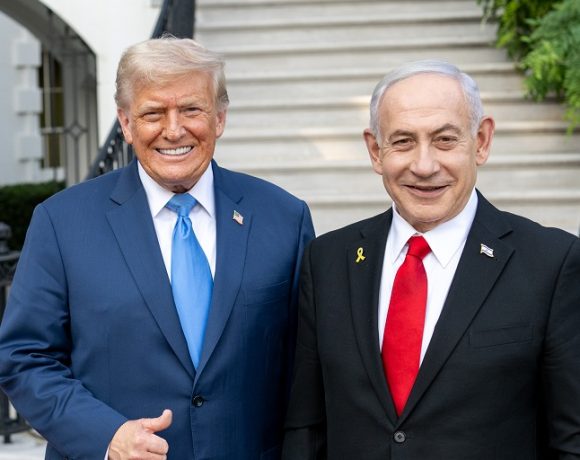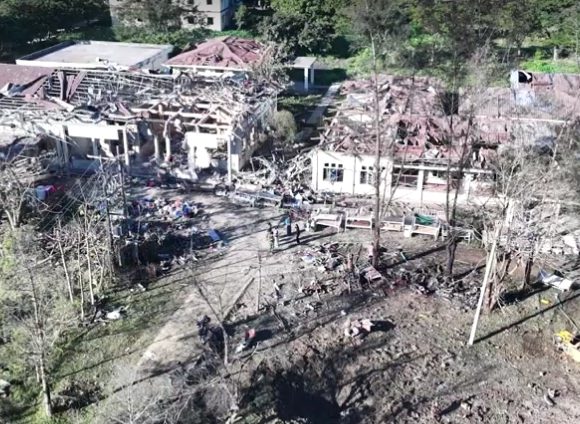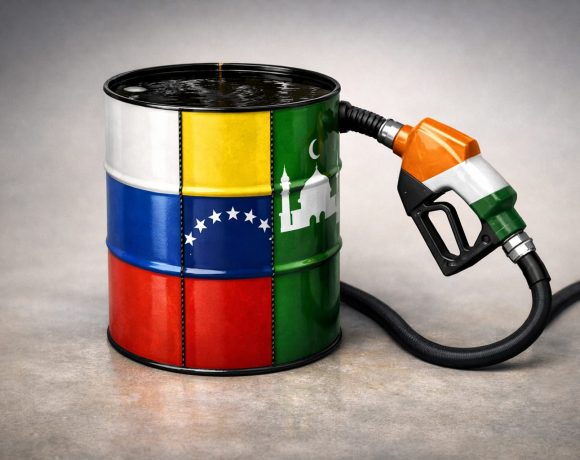
JD Vance: India-Pakistan War Not America’s Concern
In a striking declaration of the United States’ foreign policy posture, Vice President JD Vance has stated that the escalating conflict between India and Pakistan is “fundamentally none of our business.” His comments have drawn attention globally as South Asia continues to teeter on the brink of all-out war.
Vance made the remarks in a nationally broadcast interview, emphasizing that the United States does not plan to engage militarily in the ongoing conflict. “What we can do is try to encourage these folks to de-escalate a little bit, but we’re not going to get involved in the middle of a war that’s fundamentally none of our business and has nothing to do with America’s ability to control it,” Vance said. He added that the U.S. could not dictate the terms to either side. “You know, America can’t tell the Indians to lay down their arms. We can’t tell the Pakistanis to lay down their arms.”
JD Vance Statement Reflects Shift in US Policy
Vance’s statement marks a clear reflection of a broader U.S. shift toward non-interventionism, resonating with the administration’s America-first doctrine. This position has sparked domestic and international debates about the role of the United States as a global power, especially during times of geopolitical volatility.
Despite Vance’s distancing remarks, the United States continues to call for diplomatic solutions. President Donald Trump has echoed these sentiments, stating that while the U.S. will not intervene militarily, it is willing to support peace initiatives and encourage dialogue between the nuclear-armed neighbors.
Operation Sindoor and Regional Fallout
The backdrop to Vance’s comments is India’s launch of “Operation Sindoor,” a large-scale retaliatory military operation targeting terror bases inside Pakistan following the Pahalgam massacre. The Indian Air Force has reportedly neutralized several strategic targets and intercepted Pakistani missile and drone threats using the newly operational S-400 defense system.
Pakistan, facing economic collapse and widespread infrastructure damage, has turned to global financial institutions for emergency loans, even as its diplomatic corps scrambles to garner international support for mediation.
US Non-Intervention and Global Reactions
While the U.S. remains diplomatically engaged, Vice President Vance’s clarity on non-involvement has set the tone for America’s role going forward—one that favors stability without boots on the ground. This approach, while appreciated by domestic audiences wary of foreign entanglements, has caused unease among allies and strategic partners who look to Washington for leadership in crisis zones.


















